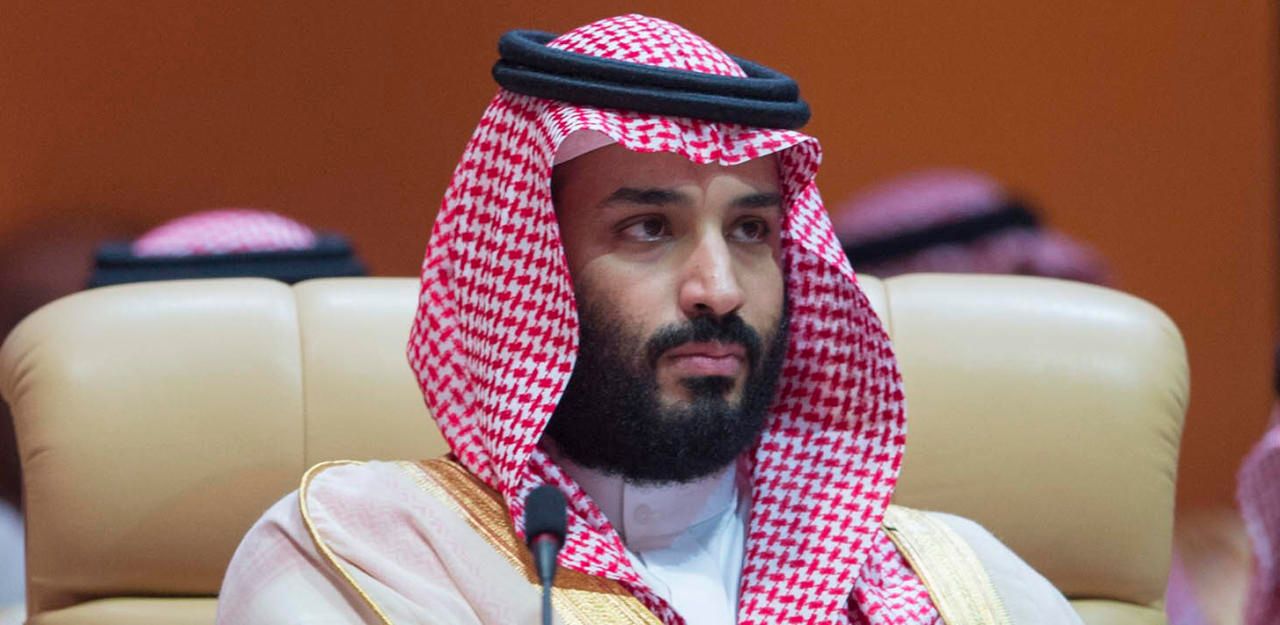
Donald Trump has always possessed a talent for redefining the unacceptable as merely unfortunate, a linguistic downgrading that softens even the sharpest edges of history. But his recent attempt to recast Jamal Khashoggi, the Washington Post journalist murdered and dismembered inside a Saudi consulate, as “extremely controversial” is a new entry in the encyclopedia of moral inversion. It is one thing to quibble over tariffs or tax brackets; it is another to imply that a columnist’s political views somehow justify the bone saw.
This defense delivered with the familiar mix of casual revisionism and transactional loyalty, serves as yet another shield for Mohammed bin Salman, the crown prince of Saudi Arabia, a man whose portfolio includes both rapid modernization and ruthless suppression. MBS, as he is shorthand-known in Western geopolitical circles, is arguably one of the most authoritarian figures operating on the world stage today. His critics vanish. His rivals evaporate. And his supporters, be they business titans or former American presidents, often wrapping themselves in a kind of moral bubble wrap to avoid confronting the sharp reality of whom they’re praising.
Trump’s remark is not simply a political statement. It is a calibration of narrative, one meant to blur the lines between victim and perpetrator, critique and crime. Khashoggi is no longer the writer who risked his life to criticize the kingdom’s suffocating consolidation of power; instead, he’s repositioned as a troublesome figure, someone who perhaps invited danger, someone whose death was tragic but maybe not entirely unjustified. It is this “maybe” that corrodes public memory.
One can almost picture the rhetorical gears turning as Trump justifies the crown prince, look, he’s done some bad things, but the guy’s in charge, OK? Very powerful, very important. Power, in Trump’s formulation, instantly confers legitimacy. Brutality becomes efficiency; dissent becomes suspicion; murder becomes “a rough patch.” And because Trump is both influential and unfiltered, this moral reframing doesn’t drift into the ether, it becomes a political weather system.
What makes this particular defense so chilling is not just the content but the ease with which it was delivered. To minimize the assassination of a journalist, an act universally condemned, an act investigated and described in grim detail, is to declare that truth is inconvenient and therefore mutable. It signals that reality may bend, if only one asserts forcefully enough that it should.
Of course, the ex-president has long demonstrated a certain admiration for the world's strongmen. There is something hypnotic, it seems, about leaders who don’t have to bother with the cumbersome rituals of democracy. Trump has, at various points, expressed envy for the decisiveness of autocrats, misreading their repression as efficiency, their brutality as “strength.” That this admiration now extends into the realm of defending a murder is less a pivot than a predictable crescendo.
MBS, for his part, benefits from the spectacle. The Saudi crown prince has spent years cultivating an image of the modern reformer, the man who allowed cinemas to reopen, who permitted women to drive, who talks about a gleaming futuristic megacity rising from the desert. But beneath the marketing gloss lies a machinery of fear. Dissenters are intimidated, detained, silenced. The Khashoggi assassination was not an aberration of this system it was the system speaking plainly.
And yet, in Trump’s telling, this architect of repression is merely misunderstood, the target of unfair criticism. The implication is clear: if someone so powerful, so economically essential, commits an atrocity, perhaps the atrocity should be reconsidered. It is a worldview that treats morality like a currency, exchangeable, negotiable, revocable. A worldview in which human rights become optional accessories rather than foundations.
What is so corrosive about this rhetorical reshuffling is that it asks the public not only to forget but to participate in the forgetting. It beckons Americans to file away the gruesome details of Khashoggi’s killing under “complicated matters” rather than “state-sanctioned murder.” It invites the public to see scrutiny of authoritarianism as unnecessarily “political.” And in doing so, it pushes society into a dangerous normalization of the unthinkable.
It is here that journalism becomes both vulnerable and essential. Vulnerable because the loudest voices may attempt to drown out the truth with bravado and rebranding. Essential because without journalists, the powerful would narrate their own mythologies unchecked. Khashoggi was not “extremely controversial” in the way Trump implies. He was, instead, a writer who dared to map the shifting power structures of his homeland, who criticized corruption at the highest levels, who believed that his country could choose a different future. For that belief, he was lured, trapped, killed, and disassembled. No euphemism can soften that reality.
And so when Trump casually varnishes this murder with the gloss of “controversy,” it is more than a mischaracterization. It is an assault on memory itself. It tells us that cruelty committed by the powerful is negotiable, that truth is elastic, that morality can be reverse-engineered to suit the needs of the moment. It encourages us to accept the unacceptable so long as the perpetrator is rich enough, or strategic enough, or friendly enough to those in high office.
The danger of this sentiment is not confined to the past. It radiates outward, shaping the way future abuses of power are perceived, justified, or ignored. If a murdered journalist can be retrofitted into a problematic figure, what else can be reimagined for convenience? Which other truths will be softened, dismissed, or rewritten?
In the orbit of convenient amnesia, everything becomes negotiable. But the facts of Khashoggi’s death are not negotiable. The moral stakes are not negotiable. And the casual defense of one of the world’s most authoritarian figures should alarm anyone who believes that truth, however “controversial” still matters.

No comments:
Post a Comment